Sustainable Fuel Development In Formula 1: Paving The Way For A Greener Future
Formula 1 is making quite a giant leap toward sustainability with the development of 100% sustainable fuels that are expected to be introduced in 2026. This is part of F1’s bigger commitment toward achieving net-zero carbon emissions by 2030, marking a new era in motorsport technology and environmental responsibility.
The Push for Sustainability
Reaching this ambitious goal by 2030 for F1 requires quite a few key strategies, of which the development of sustainable fuel is paramount. It is not only about cleaning up the sport but also driving innovation that will help the wider automotive industry contribute to global efforts in combating climate change.
Key Objectives
Reduction in the level of carbon emissions from F1 cars
Develop technology transferable to road cars
Maintain high performance levels.
Demonstrating how F1 can be at the forefront of sustainable innovation.
Understanding Sustainable Fuels
With this, in the view of F1, sustainable fuels are advanced biofuels or synthetic fuels that use renewable energy with carbon capture, thereby making them carbon-neutral across their lifecycle. Carbon-neutral means, here, that the balance between the output of carbon into the atmosphere as a result of combustion and absorption during fuel manufacture works itself out.
Types of Sustainable Fuels
Advanced Biofuels: From non-food biomass or algae.
Synthetic E-fuels: Manufacturing by using captured CO2 and hydrogen from renewable electricity
The Development Process
It’s not easy, though—the road to 100% sustainable fuels in F1 requires great collaboration by teams, fuel suppliers, and the FIA. Generally speaking, a few important stages compose this process of development:
Research and Innovation
Teams and fuel suppliers invest seriously in research for the development of fuels that, while meeting F1’s severe performance constraints, also satisfy the purposes of sustainability. This means investigating new production routes, testing various feedstocks, and optimizing fuel formulations.
Testing and Validation
Extensive testing is already well underway at both the laboratory and track levels to ensure that new fuels can deliver the power and efficiency required by F1 racing: tests on engine dynamometers, full-scale car tests, and long-term durability assessments.
Regulatory Framework
The FIA is working in close collaboration with the teams and fuel suppliers to establish a clear and sound regulatory framework for sustainable fuels. This will cover detailed sustainability criteria, performance standards, and a validation process for fuel.
Challenges and Solutions
There are a couple of challenges faced in the manufacture of F1 sustainable fuels; some of the key challenges and probable solutions are discussed below:
Energy Density
The challenge is maintaining that high energy density that gives F1 performance.
Solution: Advanced petroleum refining techniques; innovative fuel formulation to maximize its energy content.
Scalability of Production
Challenge: Produce amounts of viable sustainable fuel that would be enough to supply all the Formula 1 grids.
Solution: It should be investing in new production facilities and partnering with energy companies to scale up manufacturing.
Cost Management
Challenge: To keep the fuel costs within reasonable limits for teams.
Discussion: This might involve collaborative research and maybe some standardization on specific fuel components to reduce development costs.
Performance Consistency
Challenge: Ensuring consistent performance across different tracks and conditions.
The solution involves extensive test programs and iterative development to fine-tune the fuel formulations.
Impact on Car Design and Performance
The introduction of sustainable fuels will have huge implications for F1 car design and performance:
Engine Modifications
Teams will need to optimize their power units to work efficiently with the new fuels. This may include working on combustion chamber design, re-modifying fuel injection systems, and engine management software recalibration.
Aerodynamics and Cooling
Changes in fuel characteristics have the potential to affect the heat output of engines, thus probably calling for redesigned cooling systems and aerodynamic packages to meet new cooling requirements.
Fuel Management Strategies
The teams will need to work out novel strategies of fuel management during the race, given a different fuel consumption rate and optimizing pit stops with different characteristics of fuel.
Road Car Industry Collaboration
F1’s sustainable fuel might just accelerate similar types of road car technologies. The collaboration down the value chain involves sharing research findings with manufacturers, testing fuel technologies that could apply to consumer cars, and showing that sustainable fuels could be viable in high-performance applications.
Timeline and Milestones
Some of the key milestones in the journey toward 100% sustainable fuels in F1 are as follows:
2022: E10 fuel introduced (10% ethanol)
2023-2025: Further formulation development and testing in fully sustainable fuel
2026: Full deployment of 100% sustainable fuels throughout the F1 teams
Benefits that can possibly exist beyond F1:
The development of sustainable fuels in F1 has far-reaching consequences:
Accelerating the use of sustainable fuels across other classes of motorsport.
Providing a roadmap for aviation fuels in a sustainable manner
Influencing public perception and acceptance of alternative fuel technologies
F1 on Sustainable Fuels
F1 has also developed its synthetic sustainable fuel; it will introduce the product under its latest initiative aimed at achieving a net-zero carbon emissions level in 2030. Artificially produced, such fuels are part of an industrial preparation process in which carbon released at burn only includes atmospheric extraction to synthesize it. Capable of using the internal combustion engine version and helping reduce emissions in transport cars.
This team, tasked with developing this revolutionary fuel, is being led by F1’s Chief Technical Officer, Pat Symonds. The sport has been working closely with partners such as ARAMCO in the testing of a variety of fuel blends and understanding their effects. By 2026, all fuels used by F1 teams should be from fully sustainable sources and meet strict greenhouse gas emissions thresholds.
FIA and Certification of Sustainable Fuels
The FIA introduced the Sustainable Fuel Certification Programme, which is the guarantee for the environmental sustainability of fuels used in F1. It will provide a powerful tool toward compliance with the most stringent standards. On this, the FIA worked with the Zemo Partnership, an organization linked to the development of the Sustainable Racing Fuel Assurance Scheme, which takes up a multi-step third-party verification process.
Impact on Global Transportation
By 2030, there will be nearly two billion cars on the road, and only 8% will be pure battery electric vehicles. That underlines there is also a need for other propositions to cut carbon emissions. F1’s development of a ‘drop-in’ 100% sustainable fuel could be used potentially in most road cars anywhere around the world, offering an immense opportunity to reduce global carbon emissions from transportation.
Conclusion
Formula 1’s commitment to the usage of sustainable fuels is major for a greener future not just for motorsport but even beyond. While teams of engineers, fuel suppliers, and regulators work collaboratively to overcome the challenges, the sport is in an excellent position to prove that high performance and sustainability can go hand in hand. This may be the game-changing effect that will translate into a change in the automotive sector and perhaps speed up the world’s movement away from fossil fuels altogether. While F1 is the most technologically innovative and inventive platform, the on-track-off-track changes for good have been brought into existence with the help of its sustainable fuel program.
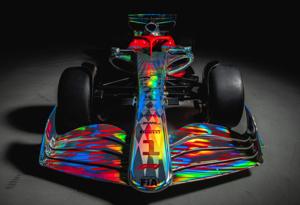


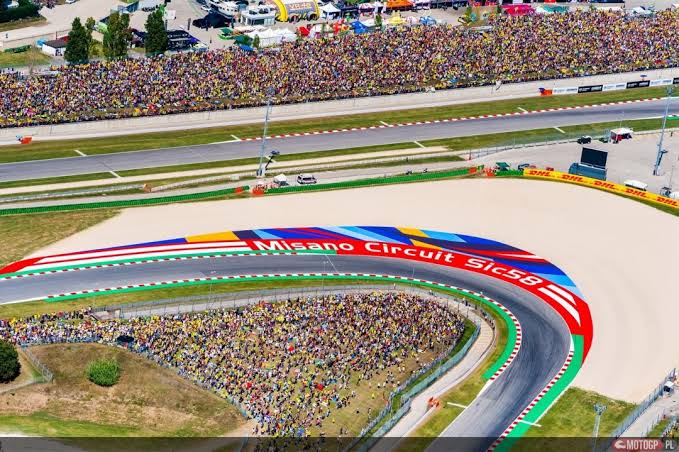



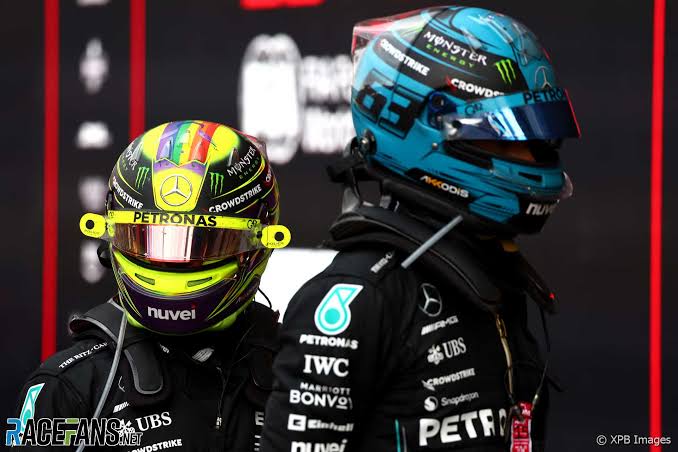



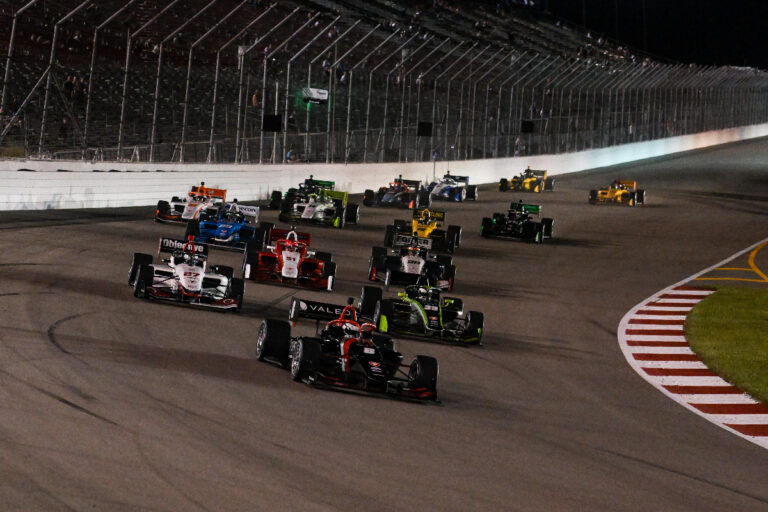



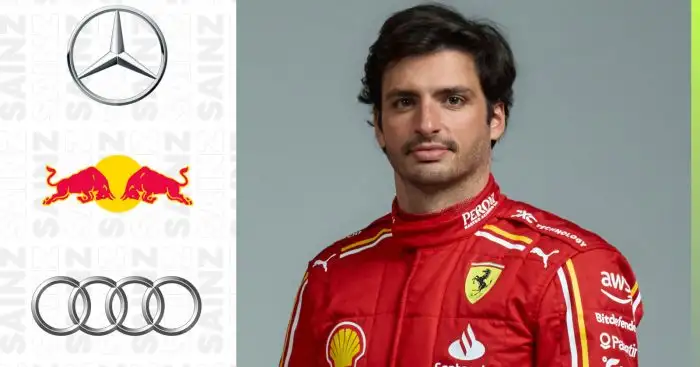
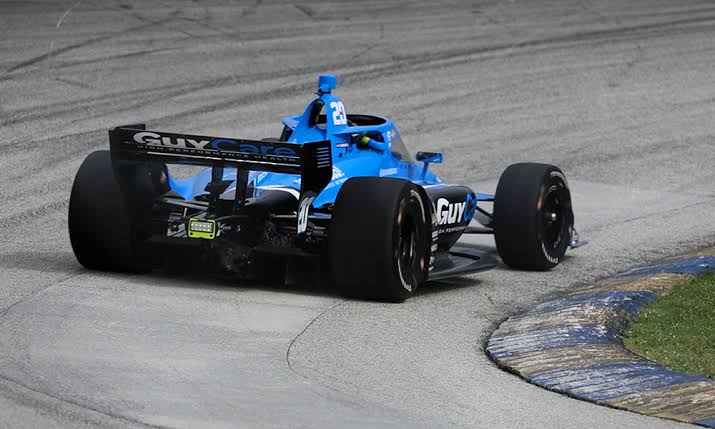


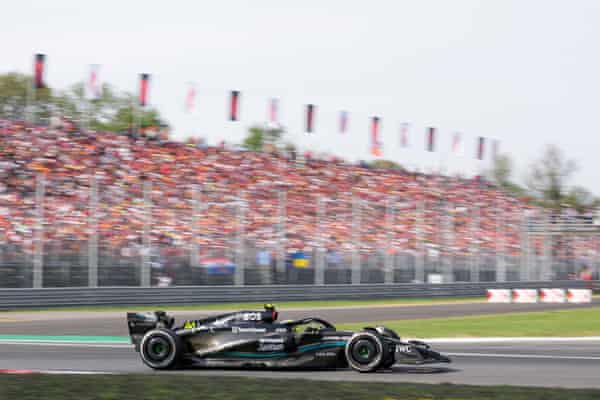



comment test 2
comment test 3